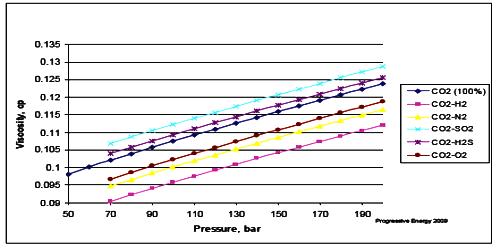
$$ \frac\) is called the apparent viscosity, and might not be constant. The mass conservation can be stated as follows:

When coupled, the above conservation principles can form the Navier-Stokes equation, which is used to describe the motion of many viscous fluids. The mathematical models of fluid dynamics are mainly based on mass conservation, momentum balance, and energy conservation, together with the constitutive relations of the fluid. The problem of determining the dynamics of a body in relative motion - with a fluid surrounding it - is represented through the problem of resistance and was in many aspects intrinsically related to the study of viscosity. Christiaan Huygens was interested in studying the effects of bodies inside fluids since he was a student of ballistics and therefore studied how air resistance worked. It was before Newton, however, that many important questions began to appear.

It was only with Leonhard Euler that the differential and continuum form of fluid dynamics was developed\(^1\). Newton treated fluids such as air as a particle agglomerate. The field of fluid dynamics started being scientifically defined with Newton’s Principia Mathematica in 1687, analyzing for the first time the dynamics of fluids. More advanced and involved concepts such as turbulence, discontinuities, and viscosity were introduced in the nineteenth and twentieth centuries.

The most basic ideas of the mathematics of fluid mechanics - including its structure and formulations - emerged between the late seventeenth century and the first half of the eighteenth century.


 0 kommentar(er)
0 kommentar(er)
